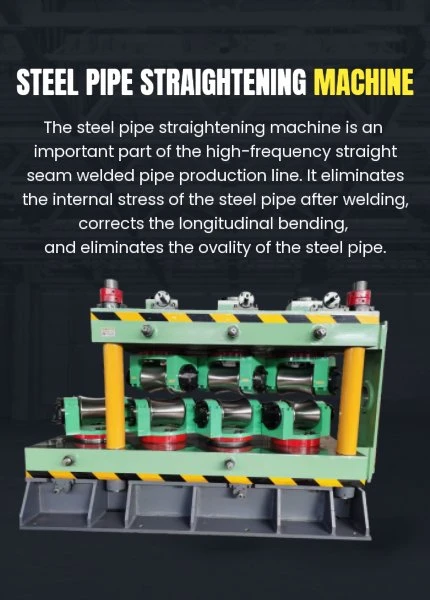steel pipe for water line
The Role of Steel Pipes in Water Line Infrastructure
Steel pipes have long been a critical component in the infrastructure of water supply systems. Known for their durability, strength, and reliability, steel pipes are essential for transporting water in various applications, from municipal water systems to industrial uses. This article will explore the significance of steel pipes in water lines, their advantages, and considerations for their use in modern infrastructure.
Durability and Strength
One of the primary reasons for the widespread use of steel pipes in water lines is their exceptional durability. Unlike plastic or other materials, steel can withstand high pressure and extreme temperatures, making it suitable for a variety of environments. Steel pipes are resistant to corrosion, especially when treated or coated, allowing them to maintain their integrity over time. This characteristic is vital in regions where soil conditions might lead to corrosion, ensuring that the water supply remains uncontaminated and reliable.
Versatility and Size Range
Steel pipes are available in various sizes and thicknesses, making them versatile for different types of water lines. Whether it's small residential pipes or large industrial pipes transporting vast quantities of water, the adaptability of steel allows for efficient water delivery across distances. Furthermore, they can be manufactured to comply with specific industry standards and regulations, ensuring safety and performance under specific conditions.
Cost-Effectiveness
While the initial cost of steel pipes may be higher than alternative materials such as PVC or polyethylene, their long lifespan and minimal maintenance needs often make them the more cost-effective choice in the long run. Steel pipes can last for several decades, reducing the need for frequent replacements that can arise with other materials. Moreover, their resistance to damage means there are fewer repairs, which translates to lower overall costs for water management systems.
Environmental Considerations
steel pipe for water line

Steel is a naturally occurring and recyclable material, making it an environmentally friendly option for water lines. The recyclability of steel helps minimize environmental impact, especially in an era where sustainability is a crucial consideration for infrastructure projects. By choosing reusable materials, municipalities and companies can contribute to a more sustainable future while ensuring the integrity of their water supply systems.
Installation and Maintenance
Installing steel pipes requires specialized skills and equipment, as they are heavier and more rigid than plastic alternatives. However, when properly laid, they exhibit few issues related to joint or connection failures. Maintenance of steel pipes is also manageable. Routine inspections can catch minor problems before they escalate, and repairs, when necessary, are typically straightforward, depending on the extent of the damage.
Standards and Regulations
Given the importance of water quality and safety, the use of steel pipes in water lines must adhere to strict local and international standards. Organizations like the American Water Works Association (AWWA) and the American National Standards Institute (ANSI) establish guidelines to ensure that all materials used in water lines are safe and effective. Compliance with these standards is crucial, not only for legal reasons but also for public health.
Innovations in Steel Pipe Technology
As technology advances, so does the steel pipe industry. Innovations such as advanced coating techniques and corrosion-resistant alloys have made modern steel pipes even more resilient. Smart technologies are also being integrated into water management systems, including monitoring tools that can detect leaks or weaknesses in the infrastructure. These advancements not only improve the reliability of water lines but also enhance the efficiency of utilities in managing water resources.
Conclusion
In summary, steel pipes play an indispensable role in the transportation of water in various applications. Their strength, durability, cost-effectiveness, and environmental benefits make them a preferred choice for many engineers and project managers. As water demand continues to rise globally, the importance of reliable water infrastructure only increases. Steel pipes are poised to remain a cornerstone of water line systems, contributing to safe and efficient water delivery for generations to come. Investing in high-quality steel pipes and staying informed about the latest technologies and materials will ensure that both current and future water systems can meet the challenges ahead.
-
High Frequency Straight Seam Welded Pipe Production Line-BzZhou Xinghua Machinery Equipment Manufacturing Co., LTD.|Precision Welding, High EfficiencyNewsJul.30,2025
-
High Frequency Straight Seam Welded Pipe Production Line|BzZhou Xinghua|Precision Welding&EfficiencyNewsJul.30,2025
-
High Frequency Straight Seam Welded Pipe Production Line - BzZhou Xinghua|Precision Engineering&EfficiencyNewsJul.30,2025
-
High-Frequency Straight Seam Welded Pipe Production Line-BzZhou Xinghua Machinery Equipment Manufacturing Co., LTD.NewsJul.30,2025
-
High-Frequency Straight Seam Welded Pipe Production Line-BzZhou Xinghua Machinery Equipment Manufacturing Co., LTD.|Precision Manufacturing, High EfficiencyNewsJul.30,2025
-
High Frequency Straight Seam Welded Pipe Production Line-BzZhou Xinghua Machinery Equipment Manufacturing Co., LTD.|Precision Steel Pipe Manufacturing&Industrial EfficiencyNewsJul.29,2025


